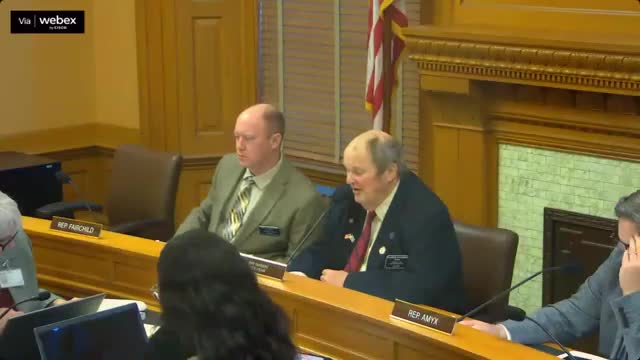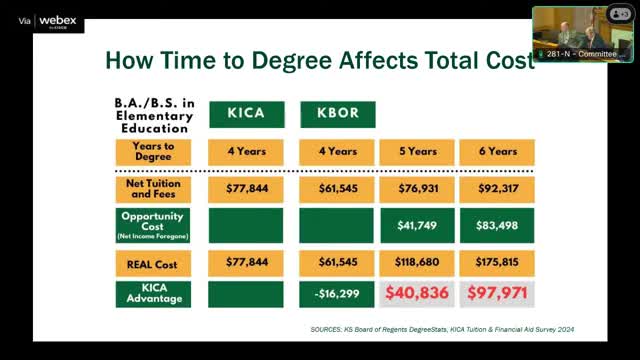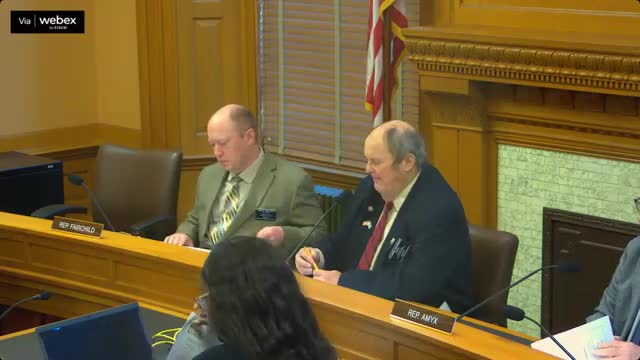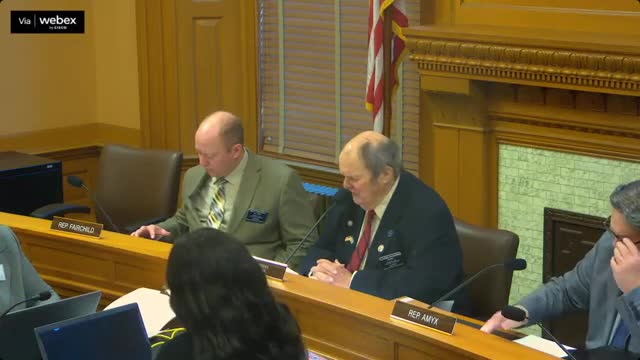Article not found
This article is no longer available. But don't worry—we've gathered other articles that discuss the same topic.

Regents office testimony prompts committee questions on recurring funding and budget process

Community colleges cite record enrollment, wait lists and unmet business-and-industry training funding

Kansas independent colleges highlight affordability and student-aid role in state budget

